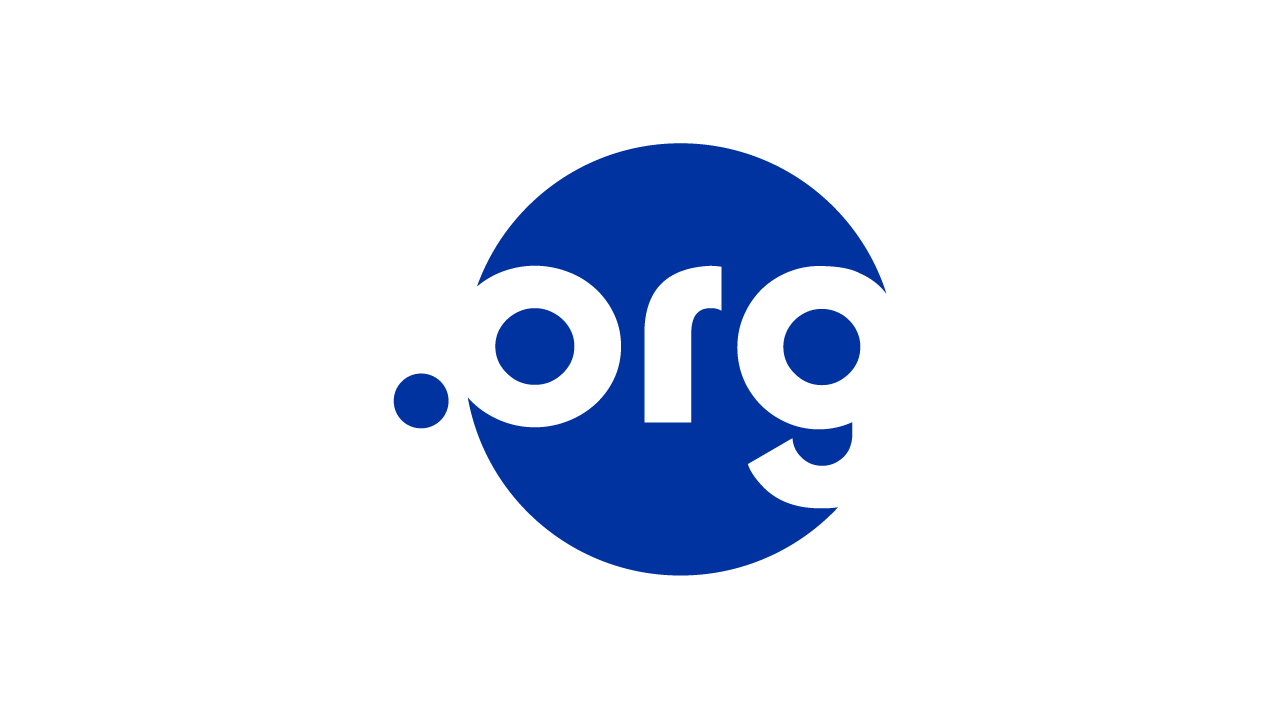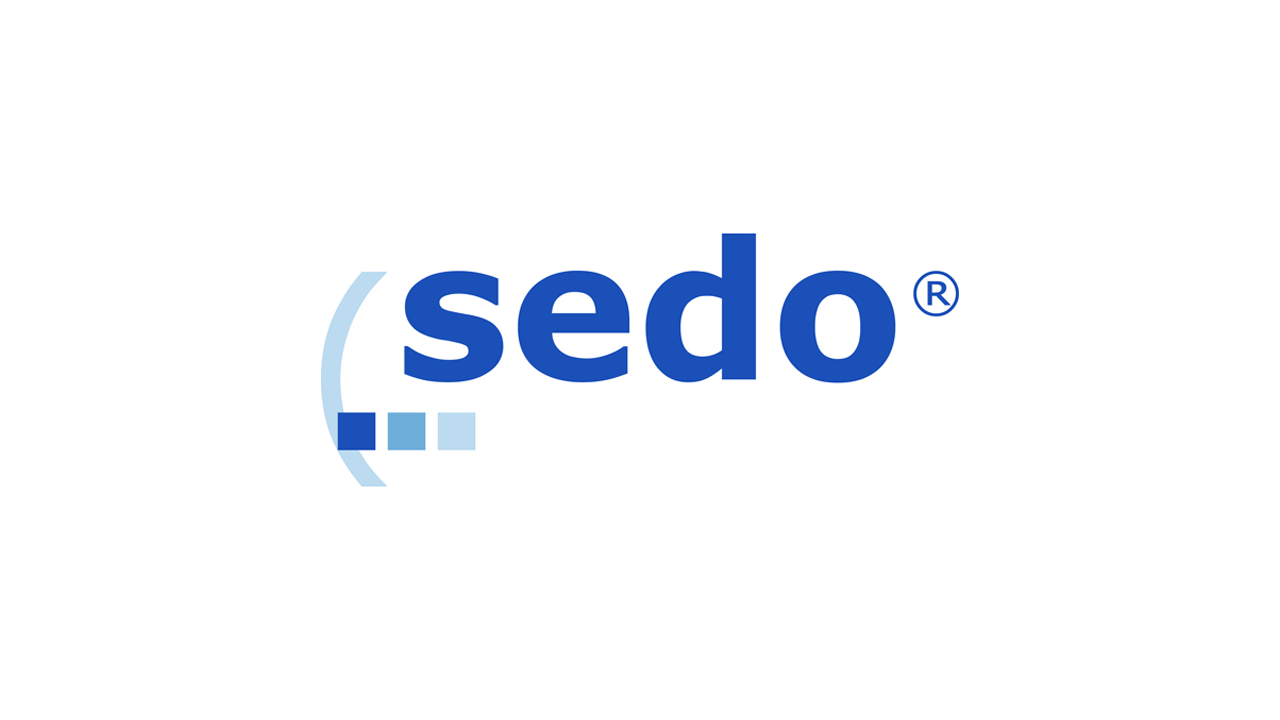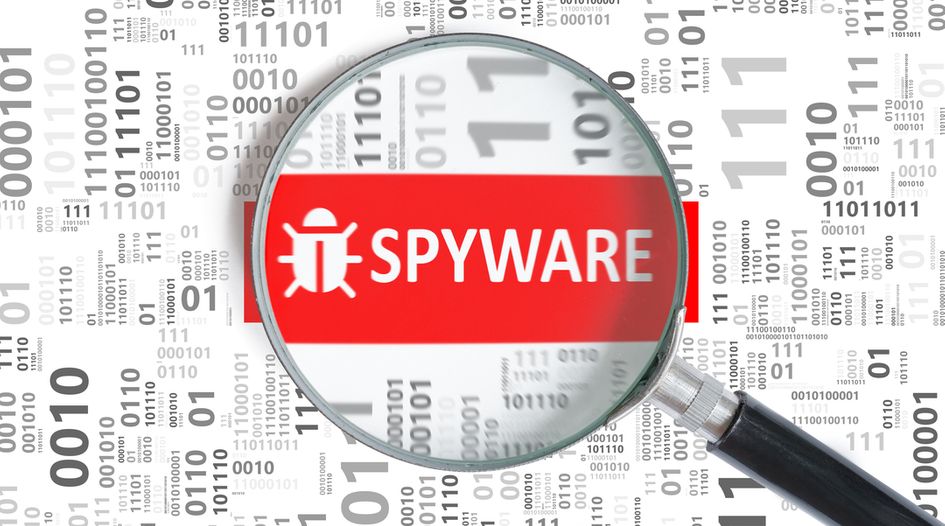The Internet Corporation for Assigned Names and Numbers (ICANN) has voted to prevent its partner organization, the Internet Society (ISOC), from selling control of the .org domain registration to an investment fund. The agreement was opposed by virtually everyone who was not going to profit from this sale.
Ethos Capital, a company that supposedly had only two employees until last December, but was supported by several larger funds such as Perot Holdings, FMR LLC and Solamere Capital, offered ISOC $ 1.13 billion through the Public Interest Registry, which controls the .org domain registration and collect associated fees.
ISOC quickly accepted the deal, citing the huge amount of money at stake, while Ethos tried to minimize fears that it would increase fees paid by nonprofits, NGOs and other groups as a way to recover its investment. There would be no other reason why the .org registration would be attractive to a buyer, and Ethos promised only to increase rates by 10% per year for the first eight years, which was far from reassuring.
ICANN, however, originally assigned the .org registration to the ISOC. She had the power to intervene and suffered incredible political pressure, including from nonprofit organizations, her own councils and founders, members of the US Congress and the California attorney general’s office. The latter demanded to see secret documents about the agreement and issued a letter that left it in the air that there could be serious consequences if the deal went through.
A broad coalition of groups, including some heavy critics, signed a letter asking ISOC not to close the deal. Among the signatories were NTEN, the Electronic Frontier Foundation, Fight for the Future, Creative Commons and the Open Society Foundation, as well as numerous internet companies and non-profit organizations.
Critics warned that handing over control of the .org registry to people in the financial market would likely create a major incentive for them to give in to the whims of government censors around the world.
The letter from the California attorney general’s office questioned whether the ISOC process for approving the settlement was in good faith; he seemed to suggest that the status of a non-profit organization could be questioned.
In a statement on its website, ICANN wrote that, among its concerns, was the fact that the PIR would assume a debt of about $ 300 million when it became a for-profit entity owned by Ethos – something that would put it under immense pressure to raise .org registered sites as a way to make a profit for their new owners.
ICANN noted that when it originally hired ISOC to administer the PIR, the mission was to serve the public interest. Now, she was being asked to close a contract with a “totally different form of entity” that “served the interests of its corporate shareholders and did not have a significant plan to protect or serve the .ORG community”.
“The $ 360 million debt instrument obliges PIR to pay that amount and provide returns to its shareholders, which raises yet another question about how .ORG registrants will be protected or will benefit from this conversion,” wrote the ISOC. “This is a fundamental change in the financial position of a nonprofit.”
ICANN said the entire board voted to prevent the deal.
Brett Solomon, executive director of Access Now, a nonprofit association that advocates a free and open internet, praised the decision in an editorial published in the Los Angeles Times.
“Private companies overwhelmingly control the way we interact online, from the speed of the Internet to the moderation of our messaging platforms,” wrote Solomon. “Private companies cannot face governments that fill their pockets through government contracts. Private companies with agendas cannot be allowed to determine content – think about reproductive health, minority communities, gender. ”
“We cannot rely on private companies to‘ increase rent ’paid by small organizations,” added Solomon. “Private companies don’t spend $ 1.1 billion on an Internet domain unless they see the potential to profit from it.”
The Electronic Frontier Foundation wrote, in a separate statement, that ICANN’s decision was an “impressive victory for non-profit organizations and NGOs around the world that work in the public interest” and that “recognizes the long legacy of registration as an entity without for profit, based on a mission and protecting the interests of thousands of organizations and the people they serve ”.
Ethos Capital criticized ICANN’s decision in its statement.
“Today’s ICANN decision sets a dangerous precedent, with broad implications for the sector,” wrote the fund. “ICANN has exceeded its objective, limited to ensuring that routine transfers of indirect control (such as the sale of PIRs) do not affect the security, stability and reliability of the registry. Today’s action opens the door for ICANN to unilaterally reject future transfer requests based on pressure driven by the agenda of third parties. ”
Ethos added that the rejection allows ICANN to “base its decisions on a subjective interpretation of what it considers relevant in these transactions, rather than following its own clear and specified legal policy” and that it was “currently evaluating its options”.
ISOC added in the statement that, although it was disappointed with the decision and considered it “inconsistent”, “it would respect the review process done by ICANN”.
Source: (https://gizmodo.uol.com.br/)
























